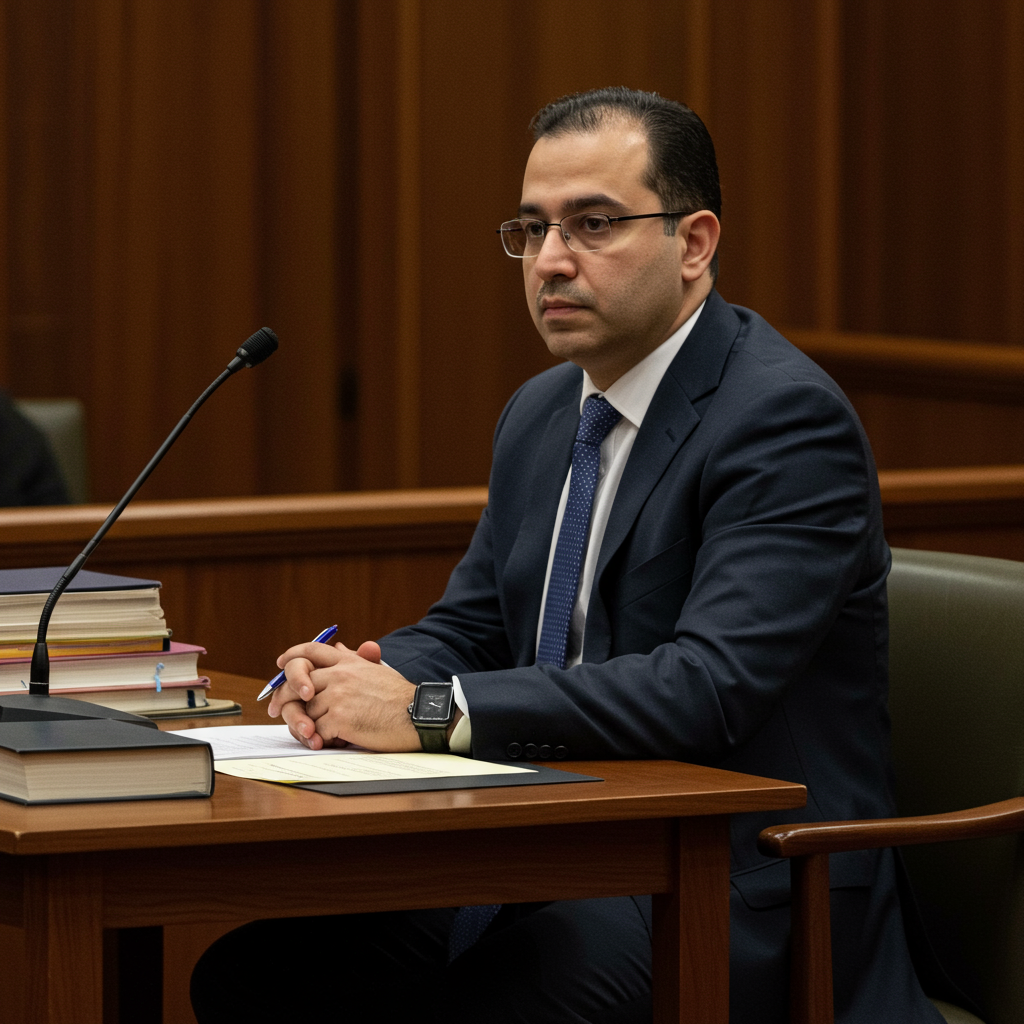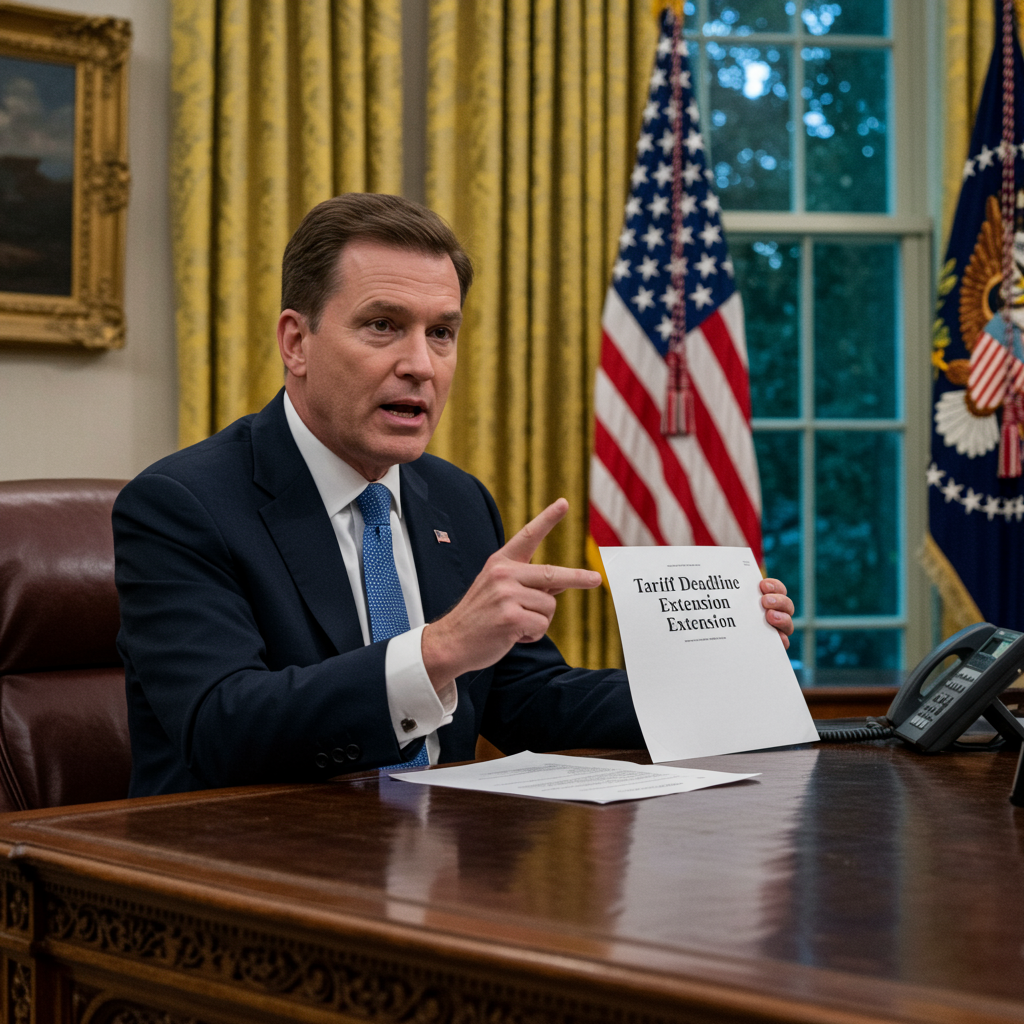Columbia Pro-Palestinian Activist Mahmoud Khalil Ordered Released from Detention
A federal judge in New Jersey has ordered the release on bail of Mahmoud Khalil, a Columbia University alumnus and prominent pro-Palestinian activist. The ruling, issued by U.S. District Judge Michael Farbiarz on Friday, June 20, marks a significant turning point in Khalil’s highly publicized immigration detention case.
Khalil, a legal U.S. permanent resident (green card holder), had been held in federal immigration detention for over three months following his arrest in March 2024 at his Columbia University apartment in New York City. He was subsequently held at an immigration detention center in Jena, Louisiana.
Judge Cites “Extraordinary Circumstances” and Potential Retaliation
Judge Farbiarz found “extraordinary circumstances” justifying Khalil’s release. He explicitly stated that he was persuaded the continued detention was potentially an unlawful retaliation against Khalil for his pro-Palestinian speech and activism.
During the hearing, Judge Farbiarz characterized the government’s actions as “highly, highly, highly unusual,” particularly the decision to continue detaining a lawful permanent resident. He stated there was “at least something to the underlying claim that there is an effort to use the immigration charge here to punish Mr. Khalil,” suggesting that using an immigration charge in this manner would be unconstitutional.
The judge determined that Khalil is neither a flight risk nor a danger to the community. He noted the government had failed to provide evidence of violence, property destruction, or incitement to violence associated with Khalil’s activities, despite having ample opportunity to do so.
The Legal Battle Over Detention Grounds
Khalil’s case has been a complex legal battle, with the government offering shifting justifications for his detention and attempts at deportation.
Initial Basis (Challenged): The detention was initially based on a determination by then-Secretary of State Marco Rubio, who invoked an “obscure provision” claiming Khalil’s presence or activities, particularly his campus activism, threatened U.S. foreign policy interests related to combating antisemitism. Judge Farbiarz had previously issued a preliminary injunction on June 11, barring the government from detaining Khalil solely on this ground, ruling it was likely unconstitutional.
Secondary Basis (Disputed): Following the injunction, the Department of Homeland Security (DHS) presented a second reason: allegations that Khalil had omitted crucial information, specifically about groups like Columbia University Apartheid Divest, from his green card application. The government argued this provided an independent basis for detention that was not covered by the earlier injunction, and Justice Department attorneys contended the federal court lacked authority to order his release while this claim was pending in immigration court.
However, Judge Farbiarz found this secondary justification insufficient to warrant continued detention, describing it as “overwhelmingly unlikely that a lawful permanent resident would be held on the remaining charge here.” His federal court order for release on bail ultimately supersedes a conflicting decision by an immigration judge in Louisiana who had denied Khalil bond and asylum.
A Test of Immigrants’ Speech Rights
The case has garnered significant national attention, becoming a “lightning rod” for both pro-Palestinian protesters and immigration rights advocates. Many view Khalil’s detention as part of broader efforts targeting critics of Israel and its actions in Gaza, arguing it represents unconstitutional retaliation intended to chill free speech among those critical of U.S. foreign policy or allied nations. Khalil’s legal team has consistently argued his detention was punishment for speech protected by the First Amendment.
The Trump administration, under which Khalil was initially arrested, had argued Khalil violated immigration law not only through the alleged green card omission but also by purportedly signaling support for the terrorist group Hamas through his activism.
Personal Impact and Ongoing Cases
Mahmoud Khalil is married to a U.S. citizen, and their first child was born in April while he was detained. Immigration officials had denied his request for temporary release to be present for the birth. His wife, Noor Abdalla, described the detention as terrifying and expressed immense relief that her husband was finally “on his way home” to their son, who she felt should never have been separated from his father.
While Judge Farbiarz ordered Khalil’s release on bail and declined to mandate electronic monitoring, the underlying immigration and civil cases against him are ongoing. The government indicated it is likely to appeal the judge’s decision to release him.
Khalil’s release on bail, despite the government’s ongoing attempts to deport him, marks a notable moment in the legal challenges surrounding the rights of immigrants to engage in political speech in the U.S.



